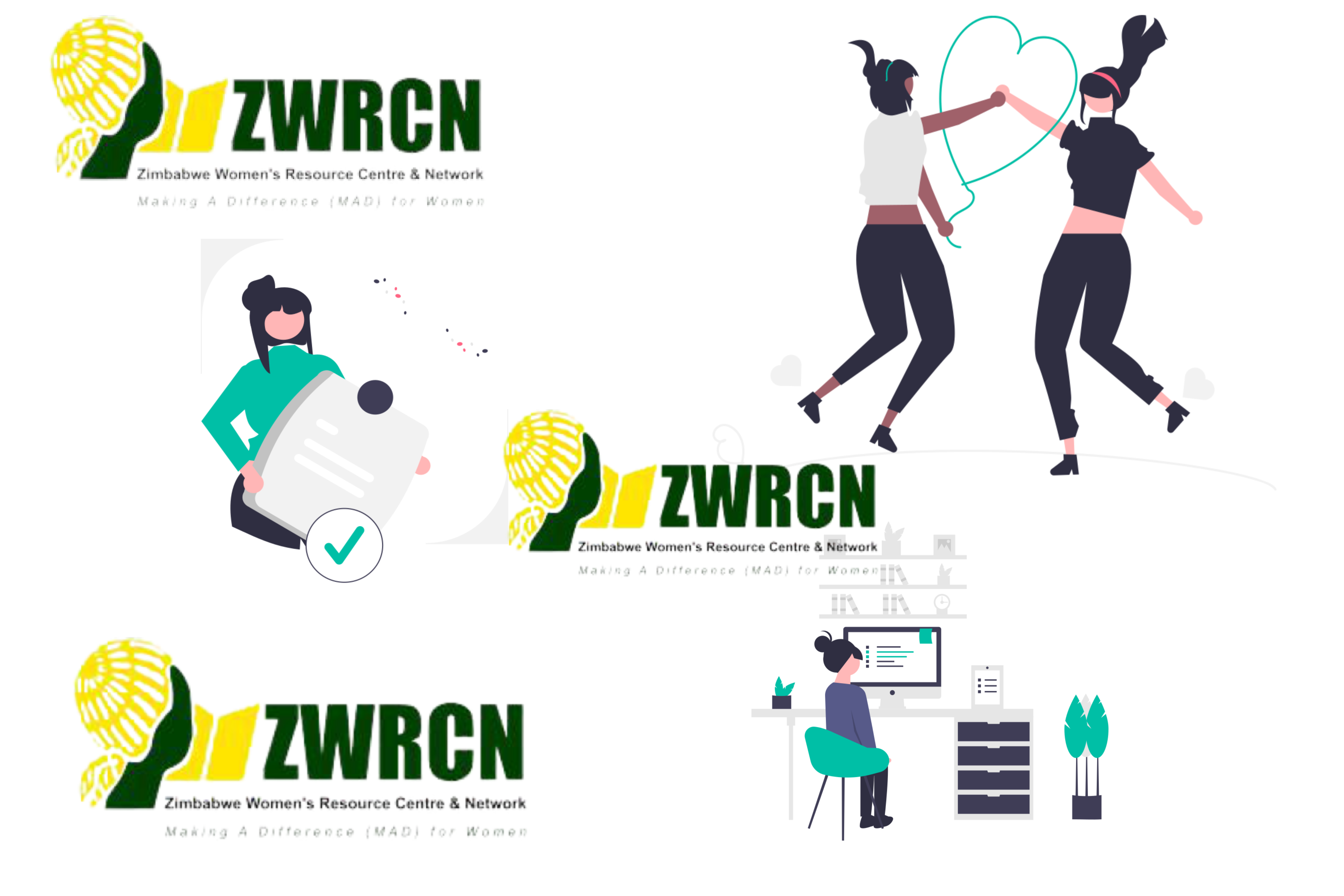Promoting Women’s Rights to Public Health Service Delivery
archived | 07 Aug 22

Facilitating a change in health seeking behaviour amongst women is an important strategy for ZWRCN to ensure women access available public health care whilst also monitoring the quality of service delivery. ZWRCN has thus been partnering with the health service providers in Mutoko and Shurugwi and offering free SRH education to women between the ages of 20 and 63. The idea is to use these sessions also to mobilise women to take steps to access health care, whilst providing information on all aspects of public health service delivery in their locality. The training sessions have been received with great appreciation by the women who have undergone the training. The SRH education has been supported by Bread for the World since last year. ZRWCN is rolling out this process in two districts of Mutoko and Shurugwi. Recently, it was all joy for the 465 women in five wards in Mutoko and five wards in Shurugwi as they as they celebrated after being awarded certificates of attendance upon completing the series of training sessions in sexual and reproductive health that were offered in partnership with health service providers in the respective areas.
There are so many sexual and reproductive health issues that remain a mystery to many women until there is an initiative to deliberately educate women about these issues. This impacts directly on their ability to recognise health challenges and seek medical care. Cancers of the reproductive system, for example, are claiming lives of many women not only in Zimbabwe but in many parts of the world due to lack of basic education on the issues. In engaging with the women ZWRCN discovered that there are many women who are not aware of the dangers of some of the harmful practices that can lead to chronic illness such as cervical cancers and other incurable sexually transmitted diseases. ZWRCN would like to rope in civil society organisations, particularly those that work with men so that these lessons can also be cascaded to men in the two districts that ZWRCN is working in right now. This would create a shared understanding and mutually supportive health seeking behaviour to improved access to and utilisation of available public services. Further, this can pave the way for championing of better health service delivery by both men and women where there gaps have been identified.
